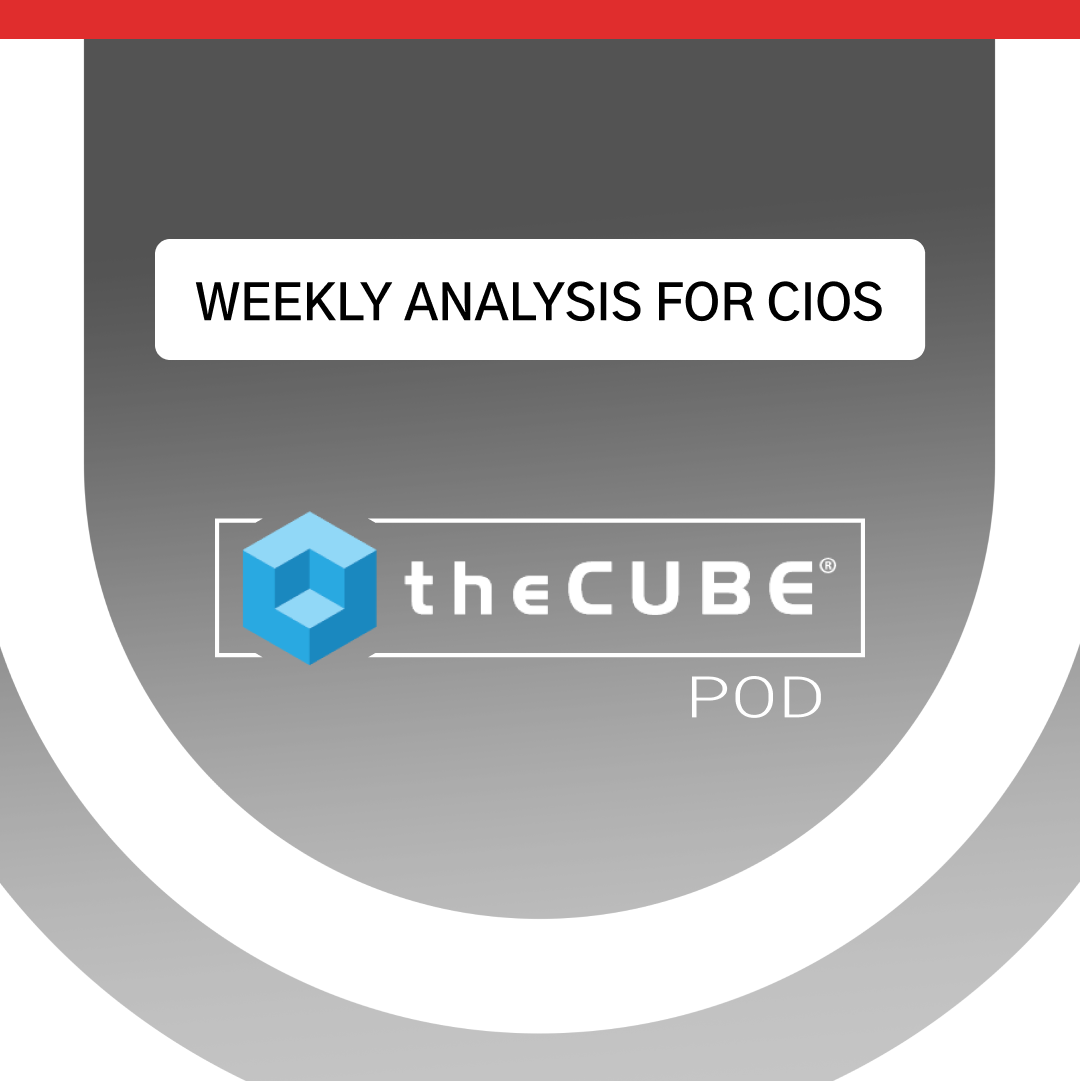Storage Services Seek Gains in Consumer and Enterprise Sectors
![]() Box.net is known for its cloud storage and file management, and has got its feet planted in both enterprise and consumer-level offerings. Based in Palo Alto, the company will be relocating its office and primary operation headquarters for expansion. Earlier this year, Box.net had about 125 employees, but has been steadily growing since. It reaches its 200th employee just last month. And by the time Box.net moves to its new offices (probably late this year), it’s going to have no less than 250 employees. The Los Altos building, which Box.net will be renting, can cater up to 600 to 700 employees. Sounds like they’re ready for some serious expansion beyond their current count.
Box.net is known for its cloud storage and file management, and has got its feet planted in both enterprise and consumer-level offerings. Based in Palo Alto, the company will be relocating its office and primary operation headquarters for expansion. Earlier this year, Box.net had about 125 employees, but has been steadily growing since. It reaches its 200th employee just last month. And by the time Box.net moves to its new offices (probably late this year), it’s going to have no less than 250 employees. The Los Altos building, which Box.net will be renting, can cater up to 600 to 700 employees. Sounds like they’re ready for some serious expansion beyond their current count.
Box.net provides a web-based platform to enable individuals, small businesses and big companies to share files and other content from anywhere. The company has been pushing its cloud-storage application to mobile devices, particularly the iPhone operating system and Google’s mobile operating system, Android, driving a great deal of progress around mobile access and usability.
And it’s quite popular with mobile users. As of January, the Box.net application was downloaded greater than 250,000 times for the iPad alone. The company marketed the Android application in the fourth quarter of 2010 and already has 70,000 downloads. Box.net is also teaming up with handset makers, dealing with Samsung specifically to further develop its application on Android tablets such as the Samsung Galaxy Tab.
The company currently has 6 million users. Some 60,000 companies make use of its cloud storage software, including 73 percent of Fortune 500 companies. That figure increased from around 66 percent in February, showing a strong market presence. Box.net has raised $48 million rolling around in its most-up-to-date round of funding.
Storage wars: Box.net, iCloud and beyond.
![]() Staying on top is a challenge for any company, in any industry, and Box.net is no exception. The company has witnessed big rivals in this space before, and CEO Aaron Levie says iCloud is just “Microsoft Live Mesh done right.” His company, however, is differentiated, as he notes that Box.net is successful not only for its online storage, but for its sharing, collaboration tools, and interoperability, which have become major selling points to enterprise clients. “I don’t know if iCloud is going to be the place where you do all your work from, but I think it’ll be a place where you keep a lot of your personal data synced.” he says.
Staying on top is a challenge for any company, in any industry, and Box.net is no exception. The company has witnessed big rivals in this space before, and CEO Aaron Levie says iCloud is just “Microsoft Live Mesh done right.” His company, however, is differentiated, as he notes that Box.net is successful not only for its online storage, but for its sharing, collaboration tools, and interoperability, which have become major selling points to enterprise clients. “I don’t know if iCloud is going to be the place where you do all your work from, but I think it’ll be a place where you keep a lot of your personal data synced.” he says.
Apple’s new storage service, iCloud, lets users store 5GB of documents and files for free, accessible from any iPad, iPhone, or iPod Touch and it approaches a clear app-centric when it comes to syncing you core personal information.
While Dropbox can be accessed using the company’s Web site, from software installed on a PC or Mac, through dedicated mobile apps, or with third-party apps like mobile office suites that serve other purposes, but store documents in your Dropbox.
Box.net announced last June that it is integrating Google Docs into its main web application, giving all its customers the ability to create and edit Google Docs from within Box.net.
An attractive acquisition for HP’s growing storage goals?
![]() Box.net’s success has attracted the attention from others in the industry, and while HP considered acquiring Box.net, they ultimately decided against it. HP’s been building up its storage offerings on the enterprise and consumer level as well, making Box.net a viable company to consider.
Box.net’s success has attracted the attention from others in the industry, and while HP considered acquiring Box.net, they ultimately decided against it. HP’s been building up its storage offerings on the enterprise and consumer level as well, making Box.net a viable company to consider.
“I’ll tell you, the Box.net people are impressive–really impressive–the solution just works,” says Phil McKinney, president and CTO of HP’s personal systems group. “Then our choice was: ‘Well, do I acquire them?’ That’s somewhat interesting. But to be quite honest, if we acquired them, we’d probably screw it up. What value and contribution can we make? That versus saying, ‘Hey, you guys do some interesting work, how do we work better together? How do we give you some additional leverage on our platform?'”
“We always look at different things that are out there [in terms of acquisitions], but we also look at what happens to the others in the space if we do that,” says Richard Kerris, a top exec on the WebOS team “When certain companies buy one [startup], they alienate the others. We’re not sure we what to do that. When we’re looking at acquisition strategies, it’s how can we help the customer and the developers.”
A message from John Furrier, co-founder of SiliconANGLE:
Your vote of support is important to us and it helps us keep the content FREE.
One click below supports our mission to provide free, deep, and relevant content.
Join our community on YouTube
Join the community that includes more than 15,000 #CubeAlumni experts, including Amazon.com CEO Andy Jassy, Dell Technologies founder and CEO Michael Dell, Intel CEO Pat Gelsinger, and many more luminaries and experts.
THANK YOU













